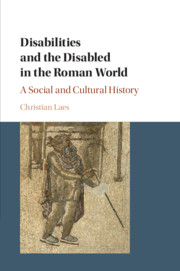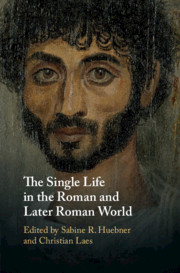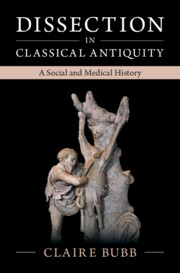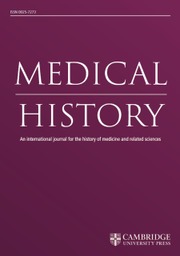Disabilities and the Disabled in the Roman World
Almost fifteen per cent of the world's population today experiences some form of mental or physical disability and society tries to accommodate their needs. But what was the situation in the Roman world? Was there a concept of disability? How were the disabled treated? How did they manage in their daily lives? What answers did medical doctors, philosophers and patristic writers give for their problems? This, the first monograph on the subject in English, explores the medical and material contexts for disability in the ancient world, and discusses the chances of survival for those who were born with a handicap. It covers the various sorts of disability: mental problems, blindness, deafness and deaf-muteness, speech impairment and mobility impairment, and includes discussions of famous instances of disability from the ancient world, such as the madness of Emperor Caligula, the stuttering of Emperor Claudius and the blindness of Homer.
- The first scholarly study of the subject in English
- Comprehensively engages with literary sources, legal texts, epigraphy and papyrology, as well as with material evidence such as iconography
- Adopts an explicitly comparative approach which constantly seeks dialogue with new approaches and studies concerning other periods
Reviews & endorsements
‘… a thoughtful work that, at the very least, challenges the normative assumptions regarding disabilities, stigma, and medical practices in the Roman world.’ David A. Schones, Review of Biblical Literature
Product details
June 2021Paperback
9781316615010
250 pages
227 × 152 × 15 mm
0.38kg
Available
Table of Contents
- Introduction
- 1. Conception, birth and the 'crucial' first days
- 2. Mental and intellectual disabilities: sane or insane?
- 3. Blindness: 'a fate worse than death'
- 4. Deaf, mute and deaf-mute: a silent story
- 5. Speech defects: stammering history
- 6. Mobility impairments: history of pain and toil
- Conclusions.





